Conor McPherson PLAYS: THREE
Shining CityThe SeafarerThe BirdsThe VeilThe Dance of Death with a Foreword by the Author

NICK HERN BOOKS London www.nickhernbooks.co.uk Contents Foreword The best plays come in a flash. An image, a feeling, and thats it. You know these ideas because they are the undeniable ones that wont let go. They pull you in and compel you to start scribbling notes. If you are a playwright and you have one of these on the go, you know you have a responsibility. To what? Something that doesnt exist? But the good ideas feel like they do exist.
Theyre just beyond view, and youre trying to capture them with glimpses that may or may not be accurate. So many things can go wrong along the way between the vision and its presentation on stage missed beats in the writing (or too many beats), the wrong cast, wrong director, wrong theatre or just the wrong time. Any and all of these may consign your hard work to the Who Cares? file. And you know you are playing Russian roulette it all comes down to those couple of hours on opening night. But you keep the faith and you pull the trigger. What else can you do? You start scribbling.
Worry, issues of control, and even, ironically, a sense of longing to be free of the process, all propel you to write your first draft. Subsequent drafts can never quite fix all the problems, yet neither can they prompt the same exhilaration. Many playwrights Ive talked with agree that the best moments are often those tentative notes when the ghosts first present themselves in your mind. They are so insubstantial, yet bear their complete mysterious history within. This is when playwriting is at its most private and, paradoxically, when the play is at its most beautiful. The more real you make it, the less magic it retains.
You are aware of this but what can you do? You keep going. Always writing at the very edge of your limitations. And your limitations are not necessarily a bad thing. Your limitations are in fact what give you your unique voice. But its hard to view your limitations in a warm light when youve just read over your work and it makes you embarrassed. The truth is nobody really knows how to write a good play.
You just do your best to avoid writing a bad one. The rest falls to fate. Joe Penhall once said to me, Who knows if the magic is there and even if it is will the bastards see it?, which I think sums up the car crash of hope, despair and paranoia that accompanies artistic creation. And the enemy of art is not the pram in the hallway, it is self-consciousness. When you are young you know nothing, least of all yourself. You write plays quickly, perhaps in a matter of days.
As you grow older and if youve managed to survive some decades of playwriting you may gain a little wisdom. But you lose your recklessness. Why? Because, like the ageing stuntman, you know exactly whats at stake each time you do it. Further, you are no longer new. Everyone knows what you can do and they have certain expectations. So you go the long way round, trying to surprise everyone.
But going the long way round kills spontaneity. And whats wrong with that? Well, Neil Youngs late producer, David Briggs, said that the best way to record music is the simplest way. You get the mic as close to the sound as you possibly can and just record it as it is. The more you think, the more you stink was his mantra. Neil Youngs albums are full of first takes often the very first time the band have ever played the song because thats where the magic is. Neil Young calls it, the spook.
In other words, youve got to be careful not to perfect what you are doing to the extent it has no soul left. Perfect is not best. Okay, so hes talking about rock n roll, but theres something in that for playwriting too. And this book contains a decade of playwriting. And if theres anything I can see thats worth passing on, its this: its as important to forget what youve learned as it is to learn. Shining City came in a flash.
The last image of the play came first. I wrote the play in a few weeks. There are scenes in the play, perhaps the best ones, which never altered from the first scribbled draft. The Seafarer came in a more bizarre, slow-motion flash. I had written an entirely different play with entirely different characters except for this one character at the heart of the play, Sharky. But there was something wrong with it.
Somehow a deadness had crept in somewhere. And then suddenly I saw the living room in The Seafarer and the blind Richard Harkin sitting there. And I knew that Richard was the brother of Sharky, who was still stuck in the bad play. So Sharky walked from the bad play straight into The Seafarer to look after his brother. It was a hard play to write, however, because it presented many technical difficulties (the second-act card games, for instance), but I felt I had something. And I always lit a candle while I was writing it (the only time Ive ever done that).
And it stayed alive. The short story The Birds by Daphne du Maurier was presented to me by the inimitable producer David Pugh. I had no flash of inspiration, just a desire to write it and to explore the female psyche (i.e. it has self-consciousness written all over it!). People have said its their favourite play of mine, but I suspect there are many others who felt I should stick to my more well-trodden ground. For myself, I like it because it really feels like someone else wrote it, and thats a rare enough relief for any playwright watching their work on stage.
I want to thank Joe Dowling at the Guthrie Theatre in Minneapolis and Henry Wishcamper, who directed the American premiere. Their belief in the play has undoubtedly ensured its continued life in the United States, where its regularly being produced. Whatever I was working out in that play continues to draw directors and actors and thats everything. David Hare was once asked what advice hed give to young playwrights, and he said: to enjoy the moment if your first play or two finds an audience. People are interested and youre confident because you have lots of ideas you havent tried yet. But, he cautioned, you must remember that sustaining that for thirty or forty years, fighting through the sheer incomprehension that may greet your efforts to develop your craft, is no picnic.
Bearing this in mind, I recognise that, in some quarters, a certain incomprehension greeted The Veil. In some ways it reflects a sense of disgust and panic at how my country had managed to almost destroy itself over the previous ten years. And personally I was also in thrall to the world of eighteenth- and nineteenth-century German transcendental philosophy, not to mention a fascination with James Joyces concept of time in Finnegans Wake. Talk about a heady brew! I think we presented a beautiful show (incredible design by Rae Smith and lighting by Neil Austin), and every performance was top notch, but when all the moments were strung along together, maybe some people certainly more than usual anyway! emerged wondering what all the ideas had to do with each other. And yet something tells me this play will be back in my life at some point, and that I may even begin to see it as one of my favourites some day because, strangely, its the tricky ones you end up most proud of. And then, out of nowhere, August Strindberg walked into my life, kicked me up the arse, and reminded me what its all about.
Josie Rourke, who had just taken over at the Donmar Warehouse, asked me to consider adapting


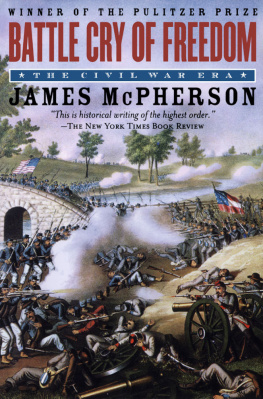

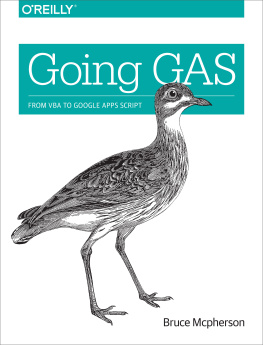

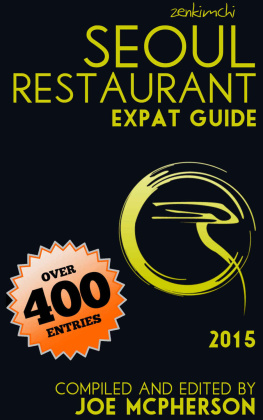

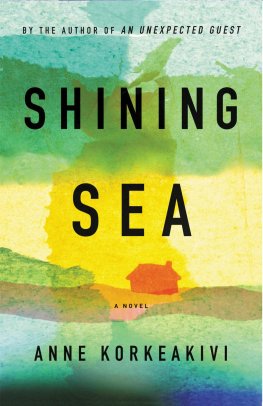
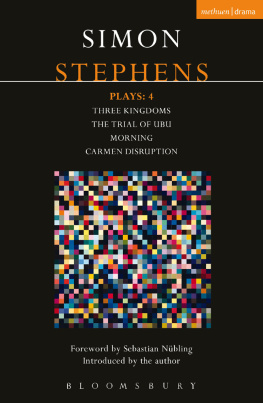
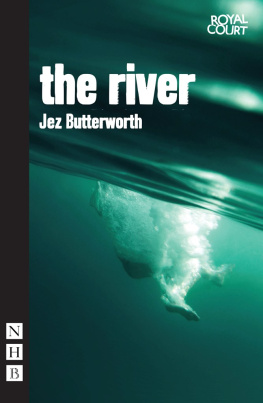
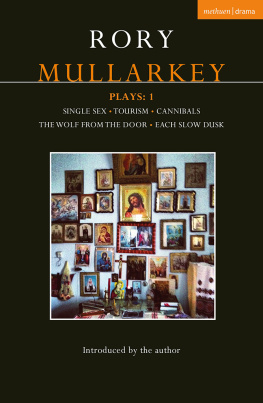
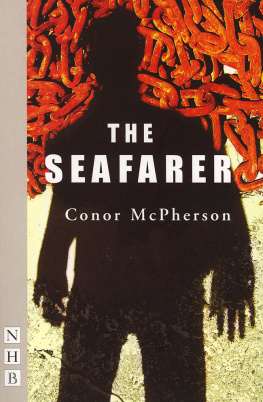
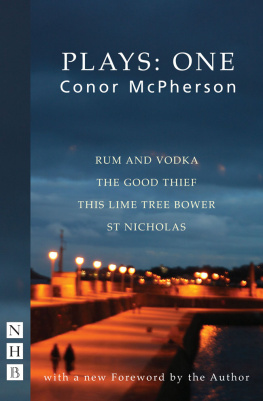

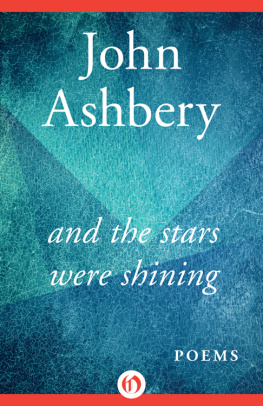
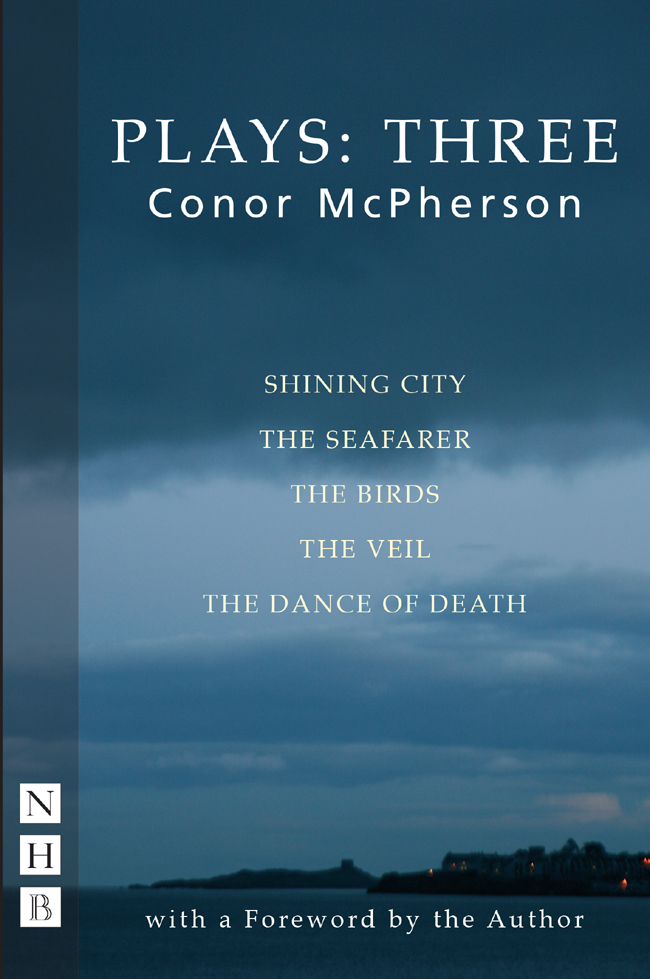
 NICK HERN BOOKS London www.nickhernbooks.co.uk Contents Foreword The best plays come in a flash. An image, a feeling, and thats it. You know these ideas because they are the undeniable ones that wont let go. They pull you in and compel you to start scribbling notes. If you are a playwright and you have one of these on the go, you know you have a responsibility. To what? Something that doesnt exist? But the good ideas feel like they do exist.
NICK HERN BOOKS London www.nickhernbooks.co.uk Contents Foreword The best plays come in a flash. An image, a feeling, and thats it. You know these ideas because they are the undeniable ones that wont let go. They pull you in and compel you to start scribbling notes. If you are a playwright and you have one of these on the go, you know you have a responsibility. To what? Something that doesnt exist? But the good ideas feel like they do exist.